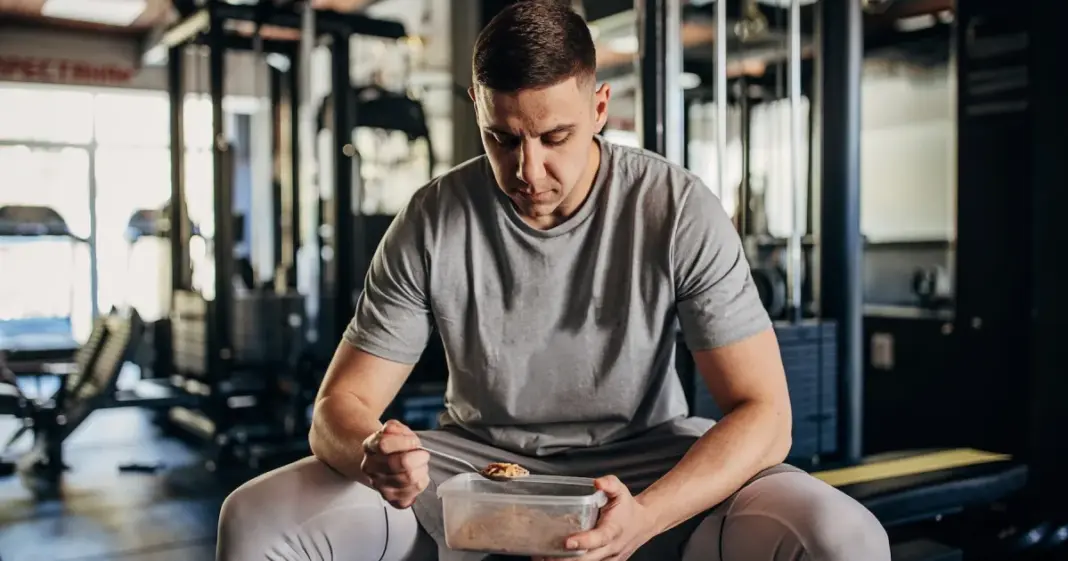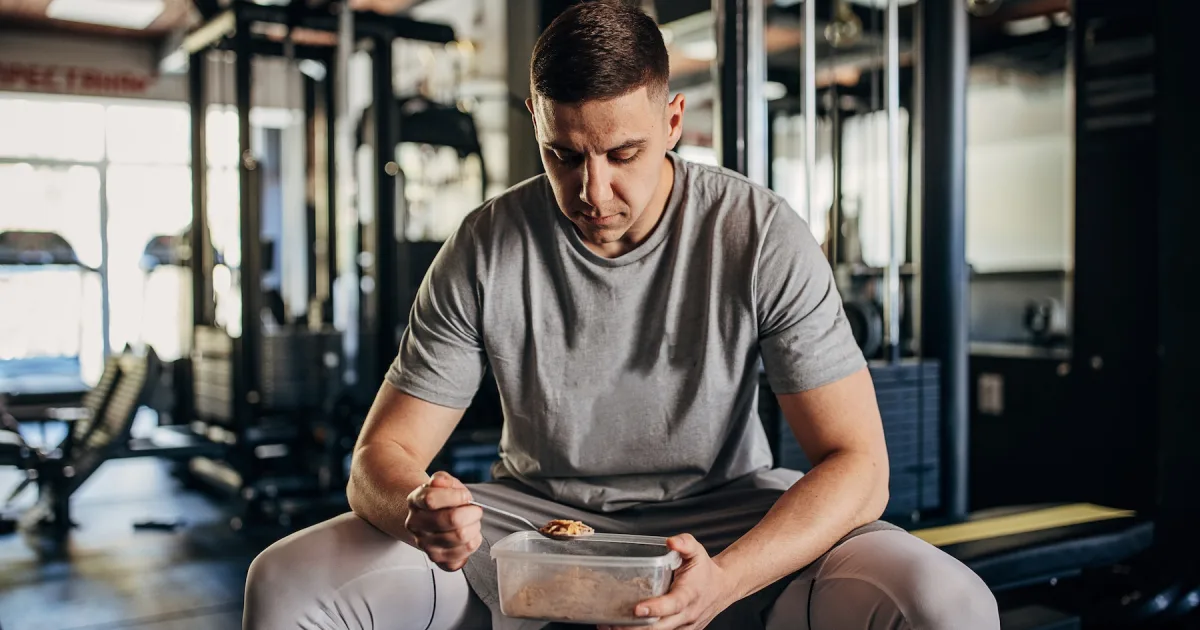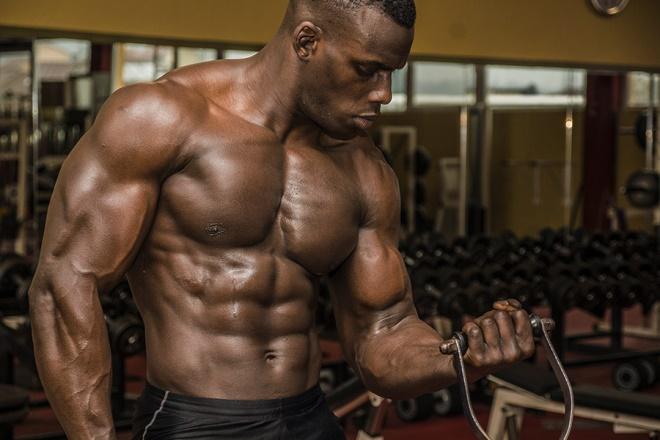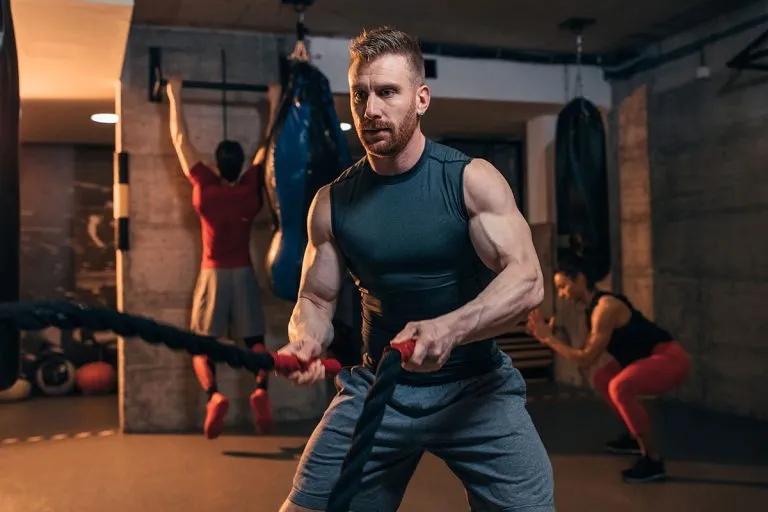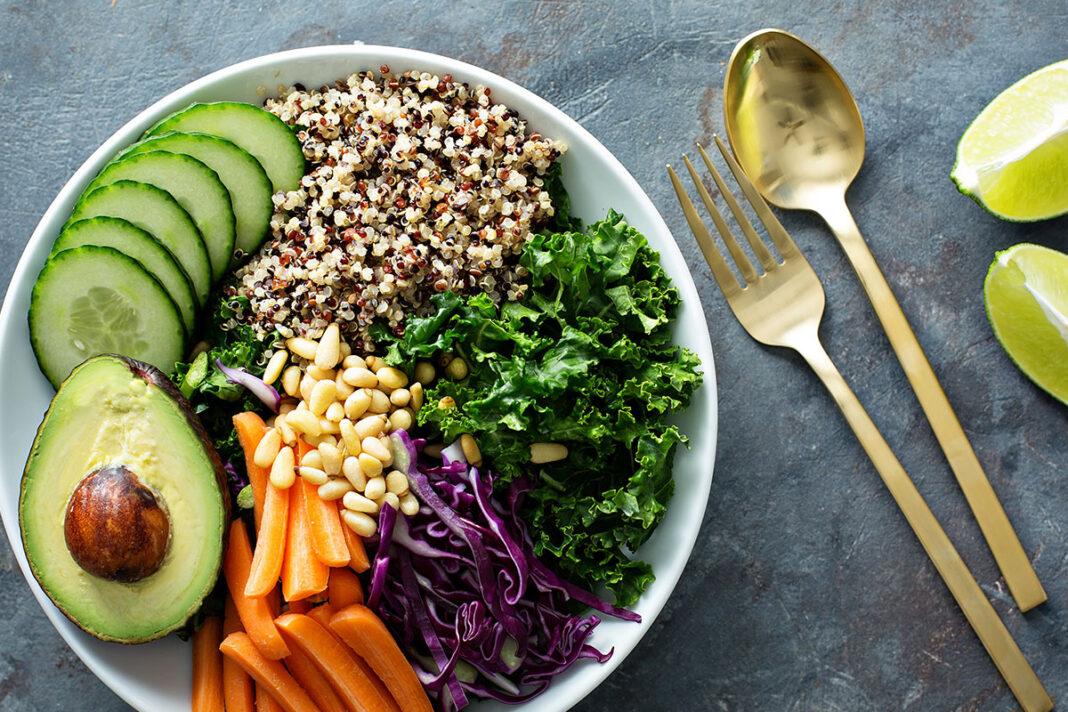Does Eating Protein Really Help Build Muscle?
Walk into any gym or browse a fitness forum, and you’ll find one question that never seems to die:
“How much protein do I need to build muscle?”
Some say 1 gram per pound of body weight. Others swear by 1.5 grams. Some influencers chug shakes like it’s a religion, while others claim the average person already gets “enough.”
So who’s right?
The truth lies in the science of muscle protein synthesis, your training volume, and your overall lifestyle. In this article, we’ll unpack what the research says, how to calculate your ideal intake, and what actually matters most when it comes to using protein to build muscle—not just eating it.
🧬 The Science of Protein and Muscle Growth
Protein is made up of amino acids—the building blocks of muscle tissue. When you lift weights, you create micro-tears in muscle fibers. Recovery and growth depend on muscle protein synthesis (MPS) exceeding muscle protein breakdown (MPB).
For hypertrophy (muscle growth) to happen, MPS needs to stay elevated consistently, which requires:
- Sufficient total daily protein
- Evenly spaced protein feedings
- Adequate training stimulus
📚 What the Research Says
A 2018 meta-analysis published in the British Journal of Sports Medicine found that protein supplementation significantly enhanced strength and size gains, especially when total intake exceeded 1.6 grams per kg of body weight (~0.72g/lb) per day (Morton et al., 2018).
But the sweet spot doesn’t stop there.
Studies suggest 1.6–2.2 grams per kg of body weight per day (~0.72–1.0 grams/lb) is the optimal range for maximizing muscle growth in resistance-trained individuals.
📊 Recommended Protein Intake by Training Goal
| Goal | Protein Range (g/lb of body weight) | Notes |
| Muscle Gain (bulking) | 0.8–1.0 | Supports hypertrophy and recovery |
| Maintenance | 0.7–0.9 | Maintains lean mass and repair |
| Fat Loss (cutting) | 1.0–1.2 | Higher to prevent muscle loss in calorie deficit |
| Sedentary | 0.36 (RDA) | Minimum to avoid deficiency—not for lifters |
💡 Practical Example:
For a 180-lb male looking to gain muscle:
- 1.6–2.2 g/kg = 130–180 grams of protein/day
- That’s about 4–5 protein-rich meals, each with 25–40g of high-quality protein.
🧠 Why Protein Needs Are Higher When Lifting
Here’s why serious lifters and athletes need more protein than the average person:
✅ 1. Muscle Damage from Training
Weightlifting increases protein turnover. You break down more tissue, so you need more amino acids to rebuild.
✅ 2. Increased Muscle Mass
More muscle = higher baseline need. Muscle is constantly remodeling—even at rest.
✅ 3. Recovery Demands
Protein helps with inflammation control and recovery between sessions, especially on high-volume programs.
✅ 4. Protein Leverage During Dieting
When calories drop, protein preserves lean mass. It also helps you feel fuller, making it easier to stick to a deficit.
🍗 Not All Protein Is Created Equal
🔍 Focus on Leucine Threshold
Leucine is the key amino acid that triggers muscle protein synthesis. A high-quality protein source will contain at least 2–3g of leucine per serving, which is roughly:
- 25–30g of whey protein
- 4–6 oz of chicken, beef, or fish
- 5–6 whole eggs
🥇 Best Protein Sources for Muscle Building:
- Animal Proteins: Chicken, beef, turkey, eggs, Greek yogurt, cottage cheese
- Seafood: Tuna, salmon, shrimp, cod
- Whey and Casein: Fast and slow digesting—ideal pre/post-workout and bedtime
- Plant-Based: Tofu, tempeh, legumes, quinoa (combine for complete amino acids)
⏱️ Protein Timing: Does It Really Matter?
You’ve probably heard about the “anabolic window”—a mythical 30-minute period post-workout where gains are either made or lost.
Science tells us this is overhyped—but timing still matters.
🕒 Guidelines:
- Aim for 0.4–0.55g/kg per meal across 4–6 meals per day
- Space protein every 3–5 hours to maintain elevated MPS
- Pre- and post-workout meals are still important—but not urgent
💥 Best Times to Prioritize Protein:
- Pre-workout (1–2 hours before): Protein + carbs for energy and MPS priming
- Post-workout (within 1–2 hours): To replenish and rebuild
- Before bed: 30–40g slow-digesting protein (e.g., casein or cottage cheese) supports overnight recovery
🧪 Should You Use Protein Supplements?
Whole foods should form the foundation of your protein intake. But supplements can fill in the gaps—especially around training, or when you’re on the go.
Top Options:
- Whey Protein Isolate: Fast-digesting, high in leucine
- Casein Protein: Slower digesting—great before bed
- Plant-Based Blends: Look for mixes that include pea, rice, and hemp to complete the amino profile
- RTDs or Bars: Use occasionally—watch for added sugars
🔄 When to Use:
- Post-workout convenience
- Traveling or at work
- If appetite is low and you struggle to hit intake
❌ Common Protein Myths Debunked
❌ “Too much protein harms your kidneys.”
Healthy individuals have no issue processing high-protein diets. This myth originates from studies on people with existing kidney disease—not healthy lifters.
❌ “Your body can’t absorb more than 30g of protein per meal.”
Your body absorbs nearly all the protein you eat—it just digests and processes it over time. What matters more is total daily intake and meal distribution.
❌ “You only need protein shakes to build muscle.”
Shakes are convenient but not magical. Whole foods contain additional nutrients and should be the priority.
🧱 Protein for Different Types of Lifters
🔰 Beginners:
- Focus on consistency. Don’t overcomplicate.
- Aim for 0.8–1.0g/lb of body weight
- Prioritize whole food sources and 3–4 balanced meals per day
🔁 Intermediates:
- Start dialing in meal timing and spacing
- Use a pre- and post-workout protein window
- Consider supplementing to hit macros during busy days
🧠 Advanced Lifters:
- Optimize for body composition phases
- Use higher protein during cutting (1.0–1.2g/lb) to preserve mass
- Use slow-digesting protein at night
- Monitor digestion and adjust food sources accordingly
🧮 How to Calculate Your Protein Intake
Let’s keep it simple. Use the following steps:
Step 1: Choose a Target Intake
- Bulking: 0.8–1.0g/lb
- Cutting: 1.0–1.2g/lb
- Maintenance: 0.7–0.9g/lb
Step 2: Multiply by Body Weight
Example for a 180-lb lifter:
- 180 x 1.0 = 180g protein/day
Step 3: Divide by Meals
- 180g ÷ 4 meals = 45g per meal
- 180g ÷ 5 meals = 36g per meal
Step 4: Build Your Meals Around Protein
Start with protein as the foundation, then add carbs, fats, and veggies.
🥗 Sample Daily Meal Plan for 180g Protein
| Meal | Food | Protein |
| Breakfast | 4 eggs + 2 egg whites + oats with whey | 40g |
| Lunch | 6 oz chicken breast + rice + broccoli | 45g |
| Snack | Greek yogurt + protein bar | 35g |
| Dinner | 6 oz salmon + sweet potato + spinach | 40g |
| Before Bed | Casein shake or cottage cheese | 25g |
| Total | — | 185g |
🏁 Final Takeaways: Mastering Protein for Muscle Growth
Protein is your body’s most critical nutrient for building and maintaining muscle. Whether you’re cutting, bulking, or staying lean year-round, it should be at the center of your diet strategy.
✅ What Matters Most:
- 1.6–2.2g/kg of body weight daily
- Distribute across 4–6 meals, spaced 3–5 hours apart
- Focus on high-quality sources with 2–3g of leucine per meal
- Use whey or casein to support training windows and recovery
- Adjust intake based on your goal, weight, and training volume
Building muscle is a long-term game. Getting your protein intake right every day is one of the most controllable—and effective—tools in your arsenal.
Looking to get the most out of your training and nutrition? Download our free [Protein Meal Planner for Lifters] or explore our [Muscle-Building Nutrition Course] to dial in your macros, meals, and gains.

